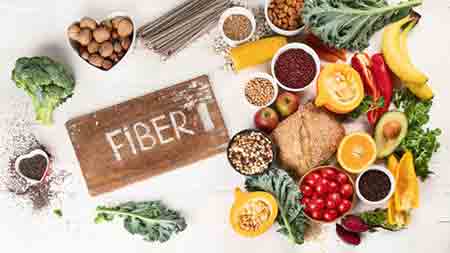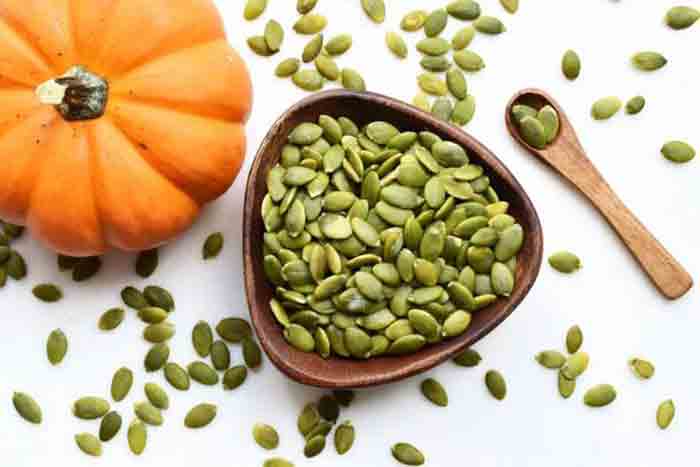Pumpkin seeds are a great snack for many reasons. They are high in fiber and zinc. Plus, they reduce your risk of prostate enlargement and cancer. Read on to learn more about these amazing seeds. They are also a great source of fiber and protein. Here are some other benefits of pumpkin seeds that you may not know about. Also, don’t forget to try them! Here are some delicious recipes to try.
High in fiber

Countless studies have shown the health benefits of pumpkin, as well as the high fiber content. One serving of pumpkin contains about seven grams of fiber, which supports good digestion and keeps blood sugar levels stable. Fiber also helps control blood pressure and regulates bowel habits, which prevents overeating. If you’ve never tried pumpkin, you might be surprised by the benefits it can bring to your diet. In fact, one cup of pumpkin contains ten percent of your daily fiber requirement, which is essential for proper digestion.
Good source of zinc
One of the best food sources of zinc is pumpkin seeds. Pumpkin seeds are a great source of zinc, but they are low in absorption because of the presence of phytic acid. To help reduce the phytic acid content, soak or sprout pumpkin seeds. Pumpkin seeds are also high in iron, magnesium, and protein. One ounce of pumpkin seeds contains about 14% of the daily recommended amount of zinc. In addition, they are a great source of dietary fiber and other essential nutrients.
Reduces risk of cancer
Research has shown that a diet rich in pumpkin seeds reduces the risk of several cancers, including breast, ovarian, stomach, and prostate. Women who have undergone menopause are particularly at risk for breast cancer, but pumpkin seeds may help prevent it after menopause. Pumpkin seed oil may also help reduce symptoms of benign prostatic hyperplasia. In addition, geranium seeds contain many phenolic compounds that act as antioxidants and fight against free radicals.
Reduces risk of prostate enlargement
The intake of too much calcium in the diet can increase the risk of prostate enlargement. Men need about 700 milligrams of calcium a day to keep their bones strong. A 200ml glass of milk or small yoghurt provides 240 mg of calcium. Other foods with trace amounts of calcium can also help reduce your risk. Limit red meat, especially processed meat, as this increases the risk of some types of cancer, including prostate cancer. Avoid processed meat, such as ham, bacon, and cured or preserved meats.
Helps control blood pressure
There are several natural remedies for high blood pressure. Intake of leafy green vegetables can lower blood pressure for up to 24 hours. Leafy greens such as spinach and Swiss chard can be added to stews and curries. Kale chips can also be baked. Garlic is also an excellent food source for many health benefits, including lowering blood pressure. Allicin is responsible for garlic’s associated health benefits. So, make sure to incorporate it into your daily diet.
Helps regulate insulin levels
Insulin is a hormone that helps our bodies balance their main energy source, glucose. Our pancreas, which sits behind the stomach, produces and releases insulin into the bloodstream when glucose levels are high or low. This hormone then sends glucose into the cells in the body for energy, and stores the excess for later use. The hormone’s functions help to keep blood glucose levels safe every hour. In addition to regulating blood glucose levels, insulin also helps to lower triglycerides.

